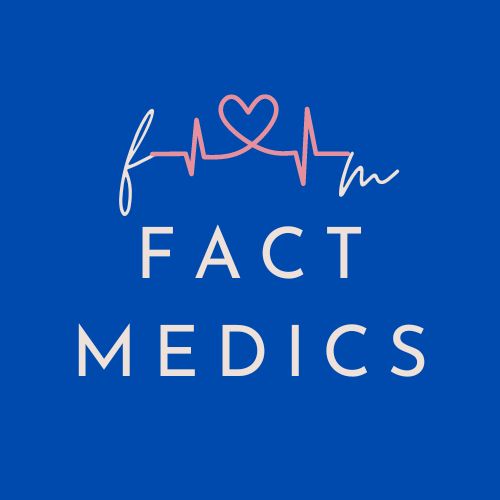Examining the Strength and Consistency of the Association Between Shingles Vaccination and Dementia Prevention
A recent study has caught the attention of both researchers and the general public, claiming that receiving the shingles vaccine could lower your risk of developing dementia. With dementia affecting over 55 million people globally and no known cure in sight, the idea that a common vaccine could play a protective role is both exciting and surprising. But how strong is this claim? Can a vaccine developed to prevent shingles really influence cognitive decline?
Let’s take a closer look at what the researchers actually found-and whether this should change how we think about vaccines and brain health.
Summary of the Study
The study, published in Alzheimer’s & Dementia, examined over 280,000 individuals aged 65 and older in Wales between 2013 and 2020. Researchers used national health records to compare dementia rates between those who received the shingles (zoster) vaccine and those who did not.
The results suggested that those who were vaccinated had a 20% lower risk of developing dementia over the follow-up period. The protective association was observed across different types of dementia, including Alzheimer’s and vascular dementia.
This was a large, observational cohort study -meaning participants weren’t randomly assigned to receive the vaccine, and researchers observed outcomes based on existing healthcare data.
Strengths of the Study
- Large sample size and comprehensive data from a real-world population.
- Longitudinal design allowed tracking of dementia outcomes over time.
- Adjusted for multiple confounders including age, sex, and comorbidities.
- The study reflects real clinical practices, increasing generalizability.
Limitations & Critical Insights
- Observational Design: Correlation is not causation. People who get vaccinated may also engage in healthier behaviors, skewing the results.
- Healthy User Bias: Vaccinated individuals may be more health-conscious, have better healthcare access, or differ in socioeconomic status.
- No Randomization: Without randomized controlled trials (RCTs), it’s hard to rule out residual confounding.
- No Mechanistic Explanation: The study doesn’t fully explain why the shingles vaccine would lower dementia risk. Is it immune modulation? Reduced viral reactivation?
From a statistical standpoint, while hazard ratios were adjusted, residual bias can’t be ruled out. The strength of the association (HR ~0.8) is promising but modest.
What This Means (Real-World Implications)
The findings add to a growing body of research suggesting that vaccines may have benefits beyond their intended purpose. If further confirmed, this could influence public health campaigns-potentially positioning shingles vaccination as a brain health strategy for aging adults.
However, until randomized trials are conducted, we shouldn’t jump to conclusions or change clinical practice based on this study alone.
Final Thoughts & Takeaway
This study provides an intriguing piece of the puzzle linking infectious disease prevention with neurodegenerative health. While the evidence is encouraging, it should be seen as a starting point, not a recommendation.
In short: the shingles vaccine may offer more than just rash protection-but we need more robust evidence to say for sure.


Leave a Reply